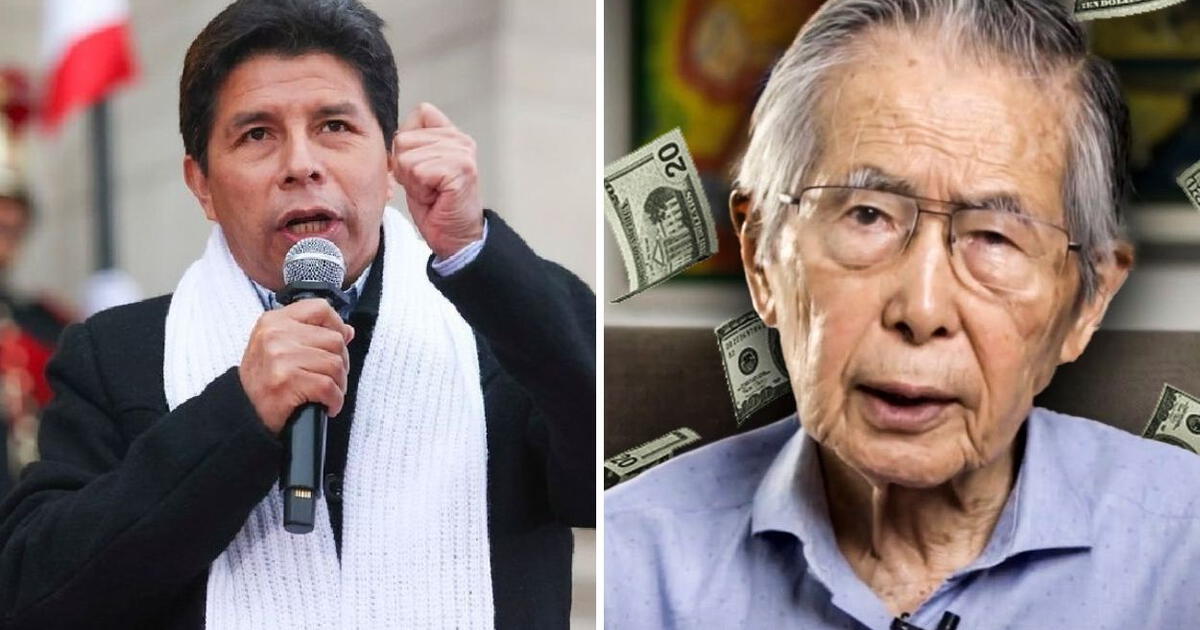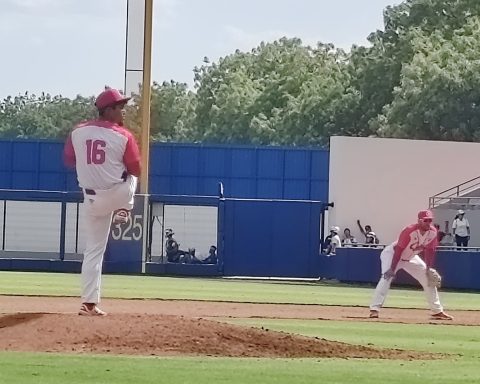Peter Castillo He will again ask Congress to grant him a lifetime pension for his presidential termreported his lawyer, Walter Ayala. This after Parliament approved the same benefit for former dictator Alberto Fujimoridespite the fact that, like Castillo Terrones, he has a constitutional accusation against him.
The lawyer also stressed that, unlike his client, Fujimori has a sentence against him for the murders in Barrios Altos and La Cantuta. “It is regrettable that two different resolutions have been issued. The case of Peter Castillo There is no sentence against him and in the case of Alberto Fujimori Yes, there is a sentence in which he was convicted of a crime against humanity,” he said.
“The reason that Congress has at this time is that the law violates the presumption of innocence, but then, why was the same criterion not used to deny the pension to President Pedro Castillo, who is in that situation because, although it is true that he was accused, he has not been sentenced,” he added.
For this reason, Ayala assured that Parliament is “biased”, so in the new request they will attach the administrative jurisprudence that is the resolution of Alberto Fujimori.
He explained that Congress is contradictory, since in May of this year it denied Castillo a lifetime pension, arguing that said benefit is suspended if Parliament has formulated a constitutional accusation.
Congress resolution did not grant a lifetime pension to Pedro Castillo. Photo: dissemination
Contradictory: Congress did grant a lifetime pension to Fujimori, despite the fact that the law prohibits it
The legal basis for Castillo Terrones’ defense is based on Article 2 of Law 26519, which establishes that this remedy cannot be granted to a former president who has been constitutionally accused and, in that context, is found guilty of committing a crime.
In the specific case of Alberto FujimoriOn November 30, 2000, Congress filed a constitutional complaint against him for a series of crimes for which he was subsequently found guilty. At that time, the impeachment process continued its course and, on February 23, 2001, Fujimori was disqualified from exercising public office for up to 10 years. Thus, the constitutional accusation against him was approved.
Following this, on March 7, 2009, the Judiciary sentenced former President Alberto Fujimori to 25 years in prison for masterminding the crimes of 15 people, including an 8-year-old boy, in Barrios Altos and of the eight students and a teacher in La Cantuta.
Thus, the two requirements for which Congress should not have granted the life pension to the former dictator are met.

















